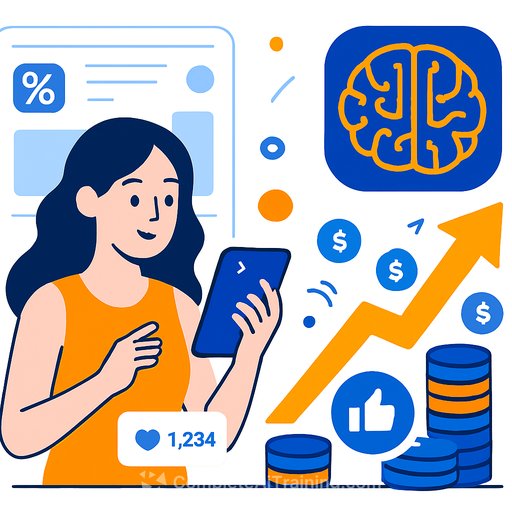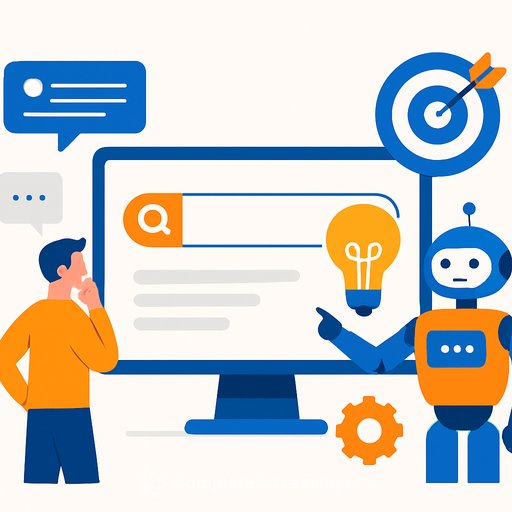AI Marketing Growth Hits a Trust Wall
AI is no longer a buzzword in marketing—92% of marketers use it daily. It’s a tool that speeds up campaign launches and frees teams from repetitive tasks. For example, 71% say AI accelerates campaign rollout by over two hours each time, while 72% report spending more time on creative and strategic work. These efficiencies translate into results: 60% see increased customer engagement, and 58% notice higher loyalty.
However, consumers aren’t as convinced. Despite heavy AI use, 40% feel brands don’t truly understand them—a sharp rise from 25% last year. Meanwhile, 60% say most marketing emails they get are irrelevant. This “personalisation gap” highlights a growing disconnect between marketing efforts and customer perceptions.
The Data Trust Deficit
The biggest barrier is trust. Globally, 63% of consumers don’t trust AI with their personal data, up from 44% the previous year. In the UK, distrust is even higher at 76%. This surge in skepticism comes as new regulations like the EU’s AI Act take effect. Many UK marketers (37%) have adjusted their AI strategies in response, and 44% claim their AI use is now more ethical.
Yet, 28% of marketers worry that strict rules might stifle creativity. The challenge is clear: how to use AI responsibly without slowing innovation. One approach is focusing on transparency, relevance, and smart data use to build trust.
What Shoppers Want: Help, Not Hype
Consumers are open to AI if it genuinely improves their experience. Over half say AI makes shopping easier (55%) and faster (53%), helping with tasks like product search, price comparison, and gift ideas. The key is delivering real value while being transparent about data use.
Brands That Get It
- Gibson: For this guitar maker, AI supports creativity rather than replacing it. Sterling Doak, their Head of Marketing, emphasizes AI tools that help staff think more strategically and creatively.
- City Beach: Australian retailer City Beach uses AI to identify when customers are about to leave and deploy targeted campaigns to win them back. Their personalized approach brought back 48% of those customers within three months.
These examples show that success lies in solving real problems for people, not just deploying technology for technology’s sake.
The Road Ahead for Marketers
Investment in AI continues to grow, with 64% of marketers planning to increase their budgets next year. The technology itself isn’t the issue—it’s how it’s applied. Closing the trust gap means going beyond simple personalisation:
- Offer genuine value that resonates with customers
- Be open and clear about how data is collected and used
- Show customers that sharing data leads to better experiences
AI marketing will thrive only if marketers keep the human element front and center. The person receiving the message must feel understood and secure.
For marketers looking to sharpen their AI skills and apply best practices responsibly, specialized AI certification courses can provide practical guidance and confidence.
Your membership also unlocks:





